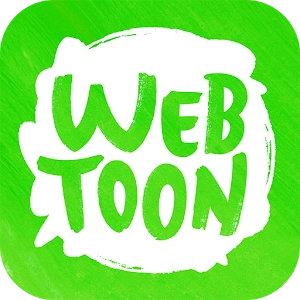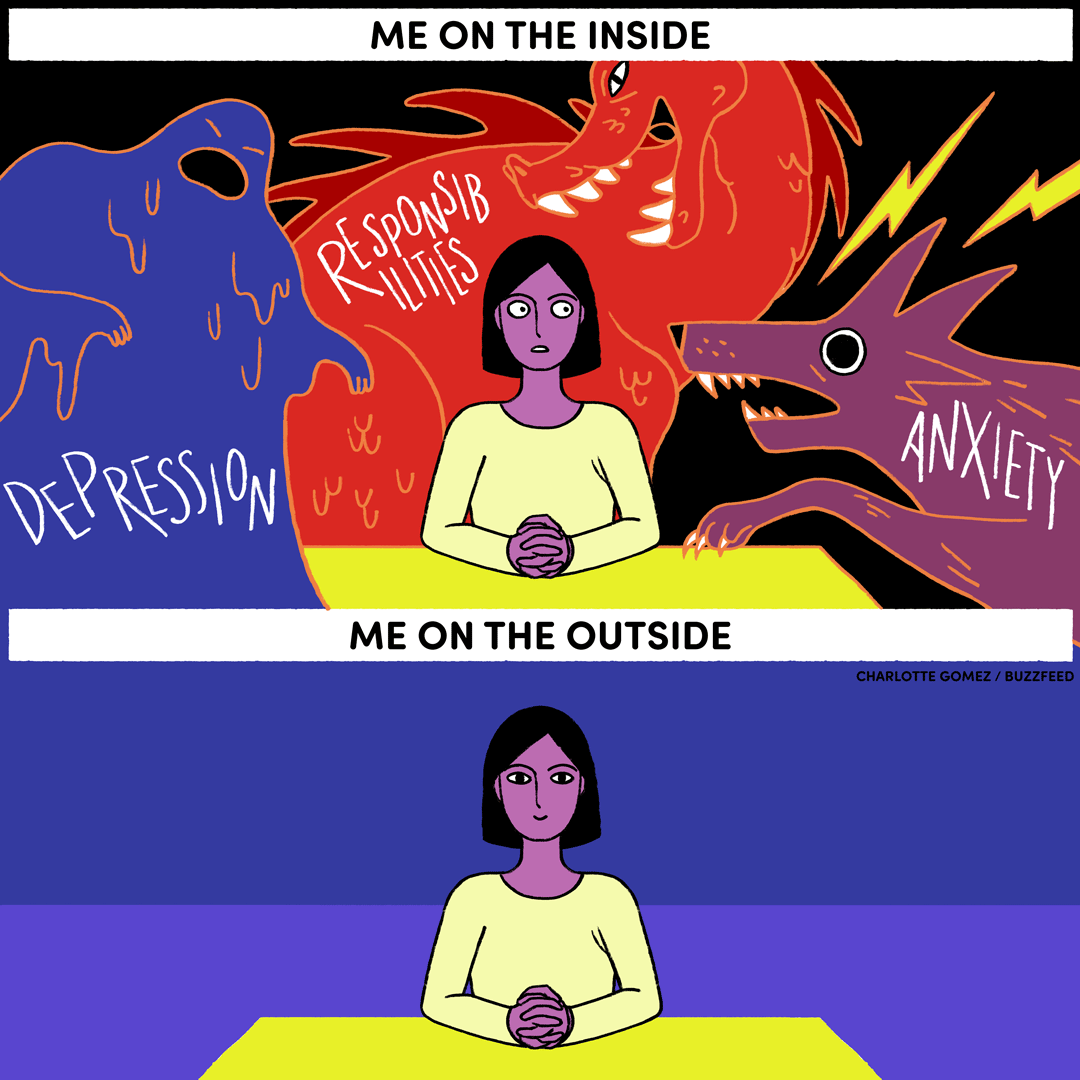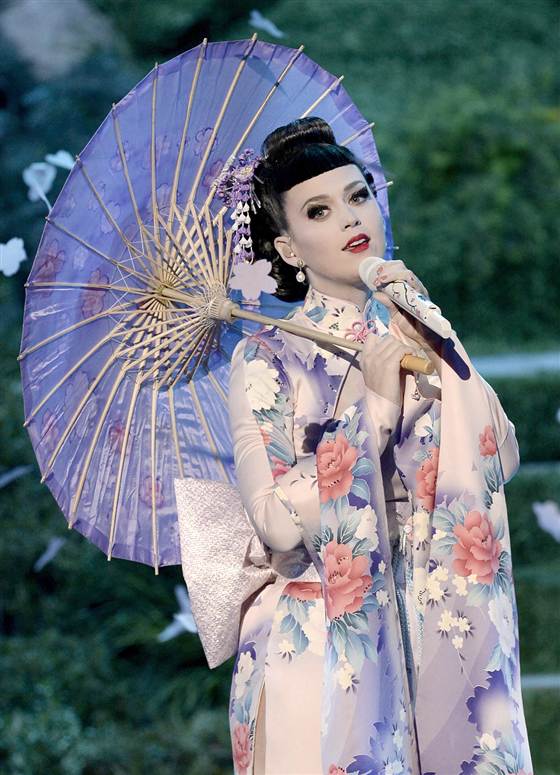1
. When I first started reading it, it took me by surprise. The concept of a butterfly and a bunny seemed so innocent up until the point the comic introduces itself as a gore genre. As I read while it keeps the basics of what a comic is they add a really nice dialogue in the beginning of the next volume. It would basically be filling the readers in on what the last volume was about, but written in a way as if someone was reading us a story.
. When I first started reading it, it took me by surprise. The concept of a butterfly and a bunny seemed so innocent up until the point the comic introduces itself as a gore genre. As I read while it keeps the basics of what a comic is they add a really nice dialogue in the beginning of the next volume. It would basically be filling the readers in on what the last volume was about, but written in a way as if someone was reading us a story.
2.
From volume 4 I felt a great feeling of content.
There was no immaturity or “wrong” in Ginny’s or Foxy’s actions, but Ginny, a
woman felt so empowering of the situation. She was angry, but kept her cool
while fighting Foxy, which turned up for the best in the long run. The
transition of the story is very smooth, so seeing that kind of character
development (As in her accepting compromise) is very satisfying. I genuinely
have nothing bad to say about this comic because even the element of surprise
is rather unpredictable and dramatic (in a good way of course). I also noticed
there aren’t many sound effects, which really sways away from the traditional
method of comic making. I think it works because from the panel’s execution is
so on point the readers can most likely tell what’s going on, including in the
action scenes.
3.
Honestly,
if this was animated/executed in the way Netflix produced the Castlevania
animation… this would be a masterpiece of a series. Cool thing about modern
comics and adapting them into anime/animation is that there’s probably not much
needed to change. Composition, dialogue, and even the narrative can all be
translated into animation. One particular thing I think would go really well is
the beginning dialogue because that’s just an obvious way of starting off an
episode…. Man do I want an animated series of this.










